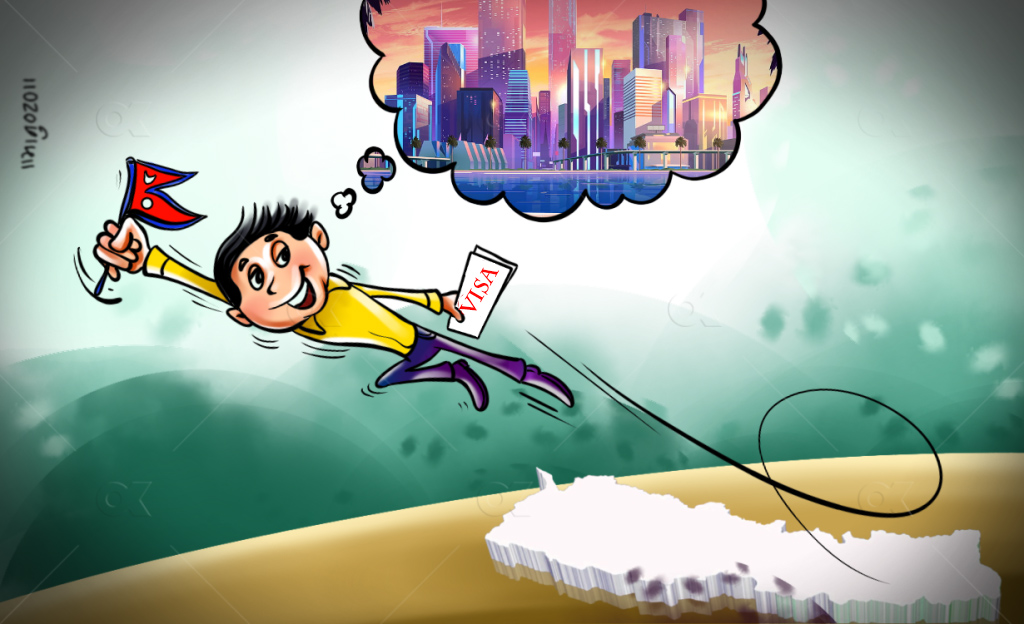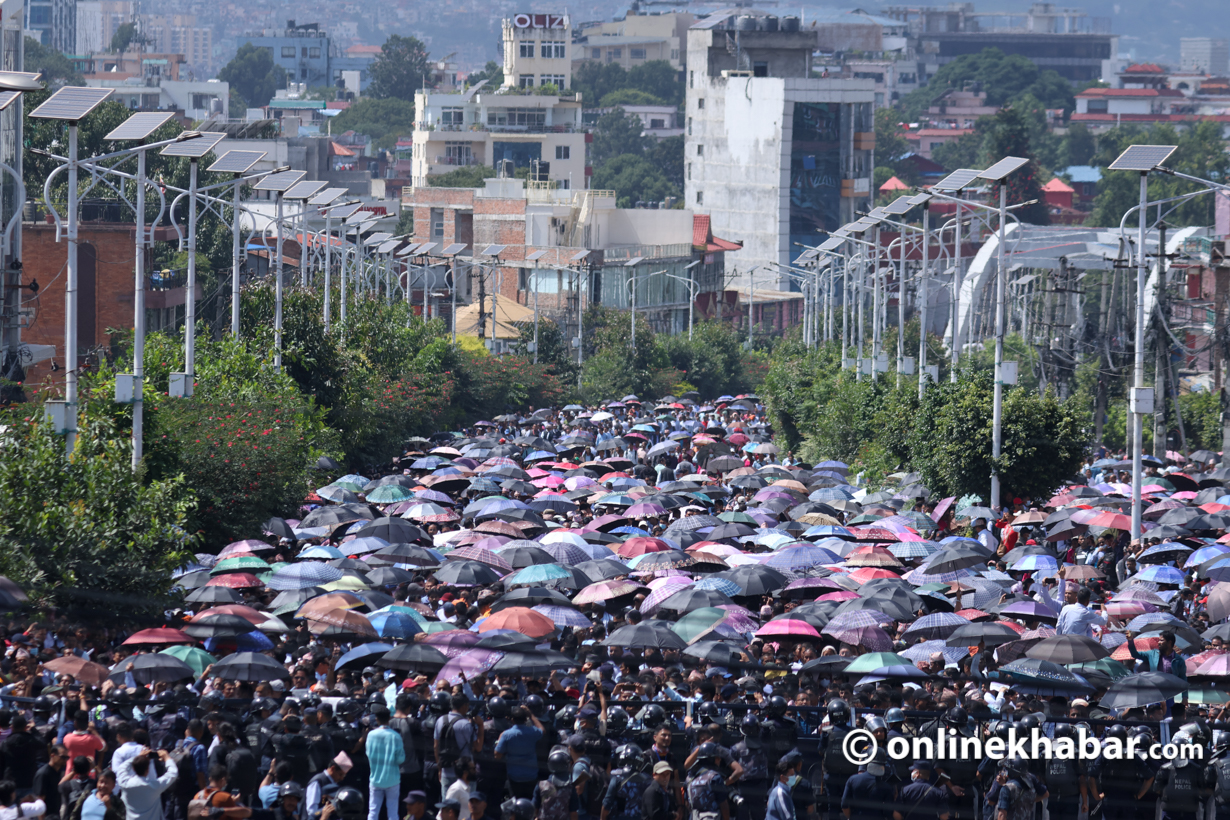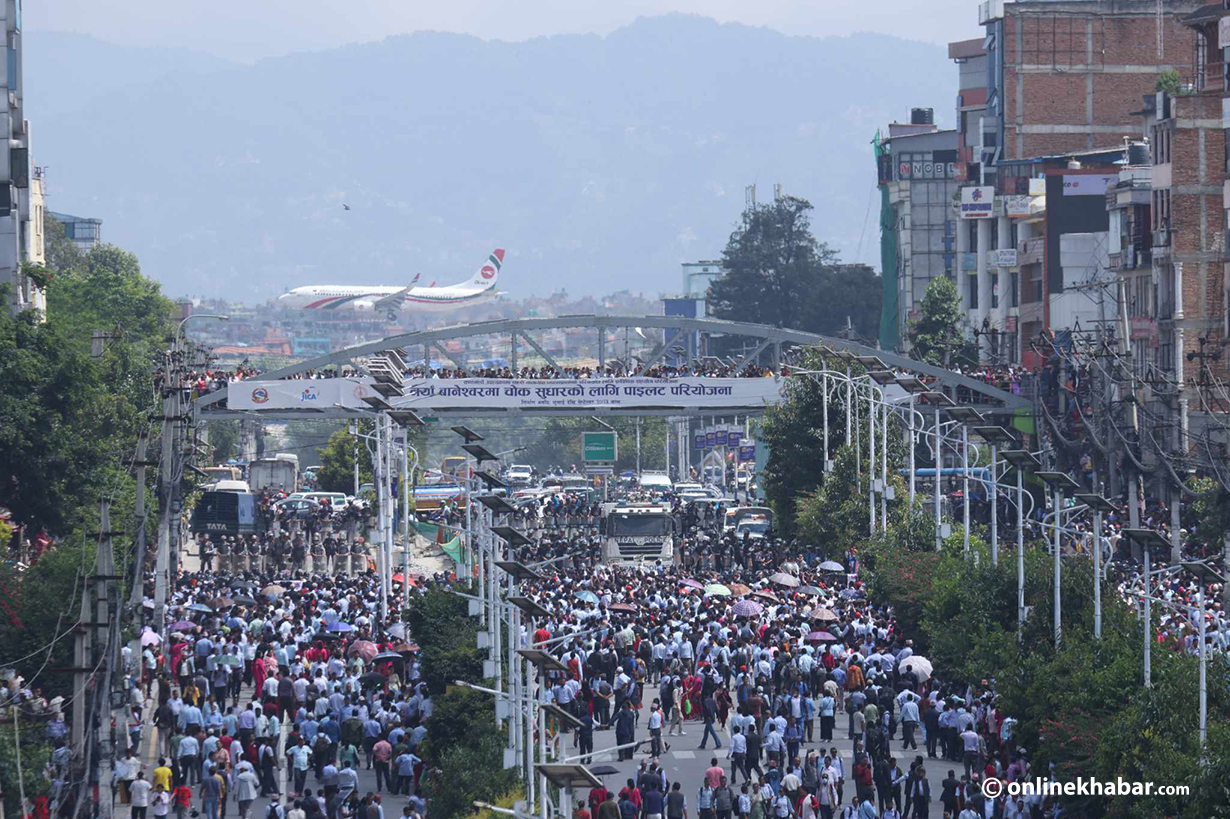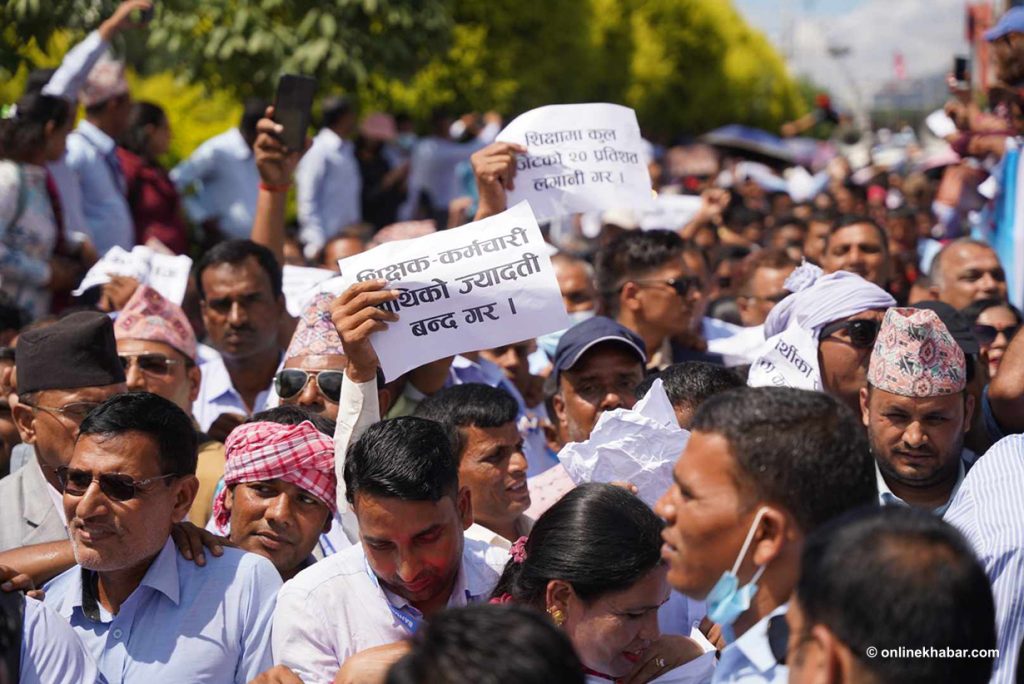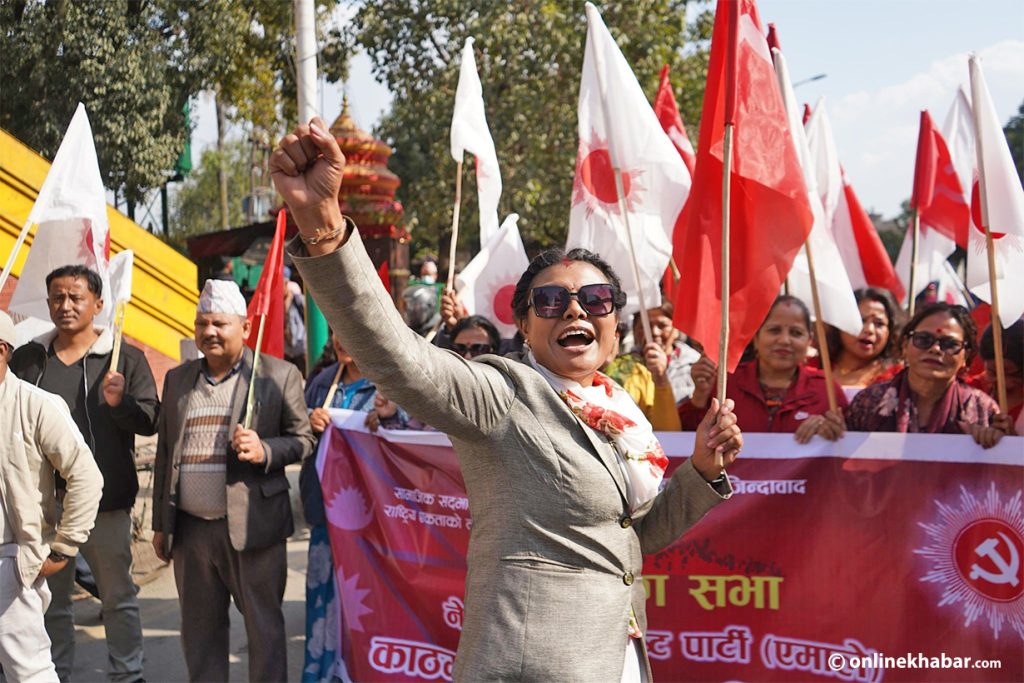
After eight years since the promulgation of the constitution, the government introduced a bill to amend and integrate laws related to education in the House of Representatives on September 13.
In a reversal of the decision made by the Council of Ministers on May 30, a bill registered at the parliament secretariat stipulates that private schools will no longer be required to operate under a Guthi (Board of Trustees). This marks a significant shift from the earlier directive, which mandated private schools to come under the purview of a Guthi within a five-year period.
Before the education bill was officially registered in parliament, private school operators had declared their intention to protest against it. In response to their threat to halt classes, Prime Minister Pushpa Kamal Dahal announced on August 10 that the decision previously made by the Council of Ministers had been reversed.
During the discussions with ministers regarding the working agreement, Dahal pointed out that there have been substantial alterations in the Federal Education Act. Numerous subjects have undergone revisions, some of which appear to have a more negative impact.
One step forward, two steps back

One of the regressive changes in the education bill was the removal of the provision that mandated schools to operate under Guthi within a five-year timeframe.
As per sub-section 3 of section 4 of the act, schools that were established and functioning in accordance with the existing company law at the time of this act’s commencement have the option to convert and operate as Guthi.
This signifies that the decision to operate a school under the Guthi system is at the discretion of the school operators. They have the flexibility to continue teaching for an indefinite period, charging a fee set by the local level.
“If this education bill is passed, the constitution should be amended,” says Bal Chandra Luitel, dean at Kathmandu University School of Education.
Luitel argues that the provision permitting private schools to collect fees contradicts the constitutionally mandated rights to compulsory and free education.
“The spirit of the constitution and provision in the education bill do not match with each other. That is why the constitution should be amended if this bill is passed,” he says.
According to Article 31, basic-level education is mandatory, and secondary-level education should be provided for free. The constitution also ensures the right to education in one’s native language. However, the bill stipulates that the language of instruction for mathematics, science, and computer science should be English. Luitel argues that this is an extremely detrimental proposal.
“While studies show that the students can understand the content easily if they are taught in their native language, the bill is against it.”
No politics, please!

The bill has granted official recognition to the Nepal Teachers’ Federation, but it has simultaneously prohibited teachers from engaging in political activities. As per the bill, teachers will face dismissal from their positions if they are discovered to be members of political parties or engaged in any form of political activity.
The federation, however, is a political organisation in itself which has confused many on what the bill actually is trying to do.
According to educationist Bidyanath Koirala, the inclusion of a provision for establishing a fraternal organisation of political parties in the education bill was not a primary focus of the education reform. He believes it was added by the government to appease political parties.
The office bearers of the federation say that they are disappointed with many of the points in the education bill. They say the education bill has violated the trade union rights of teachers and excluded Montessori from the school’s structure.
“We are preparing a protest against the bill,” says Kamala Tuladhar, president of the federation.
Silver lining

On the other hand, the school staff appear to be content with the education bill. Shantinath Yogi, the general secretary of the Nepal School Staff Council, expresses satisfaction, noting that the bill has addressed the majority of their demands.
Earlier, school employees protested, requesting a guaranteed minimum monthly salary of Rs 26,210. They also called for the adjustment of public school employees in their current positions, with a one-time automatic transition to permanent status.
The bill has proposed that the rank of public school staff will be determined according to national standards. Additionally, the Teachers Service Commission will conduct examinations for both teachers and staff.
It has been arranged that the appointment of school staff recommended by the commission will be done at the local level and the arrangement regarding the salary, service, conditions and facilities of the school staff will be based on the law of the local level.
“In the current bill few things have been missed but most of our demands have been addressed,” Yogi told Onlinekhabar. “We will have no complaint if this bill will be passed.”
This story was translated from the original Nerapali version and edited for clarity and length.






